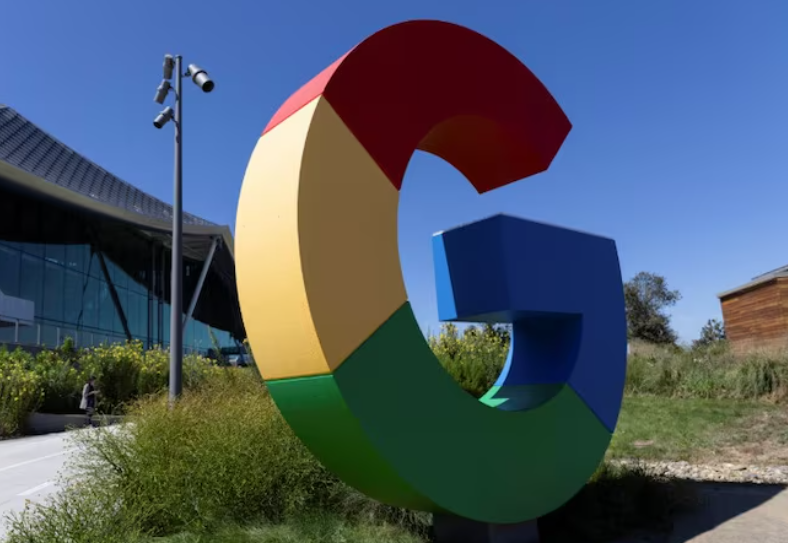Google has proposed revising its agreements with Apple and other companies to loosen its grip as the default search engine on new devices. This move comes as the tech giant seeks to comply with a U.S. court ruling that found it unlawfully dominates the online search market. However, Google resisted the government’s more extreme push to force it to sell its Chrome browser, labeling such measures as drastic and potentially harmful to the search industry.
Google Pushes for a Balanced Approach to Antitrust Remedies
In court filings, Google urged U.S. District Judge Amit Mehta to exercise caution when deciding on remedies to restore competition in online search. The company argued that courts should avoid imposing measures that could stifle innovation, particularly as artificial intelligence continues to revolutionize how users interact with online products and services.
Google plans to appeal the court’s ruling at the end of the case but emphasized that the upcoming “remedies” phase should focus on its distribution agreements. These agreements, which involve browser developers, mobile device manufacturers, and wireless carriers, provide Google with a significant advantage over competitors. The company acknowledged that most devices in the U.S. come pre-loaded with its search engine due to these agreements, making it difficult for competitors to gain a foothold.
Key Changes in Google’s Proposal
To address the court’s concerns, Google outlined several key adjustments. It proposed making its agreements with device manufacturers and developers non-exclusive. Additionally, for Android device makers, Google suggested unbundling its Play Store from Chrome and search. The company also offered to allow browser developers who initially set Google as the default search engine to reconsider their choice annually.
Google refused to end revenue-sharing agreements, a significant point of contention with prosecutors. These agreements provide a share of ad revenue to device and software companies that feature Google as the default search engine. For instance, Apple reportedly earned $20 billion from such agreements in 2022. Independent developers, including Mozilla, stated that these funds are crucial for their survival.
Critics Call for More Aggressive Measures
Google’s competitors and critics dismissed the proposal as insufficient to restore competition. Kamyl Bazbaz, a spokesperson for DuckDuckGo, argued that a remedy must not only halt illegal practices but also actively restore fair competition in the search market.
The U.S. Department of Justice and several states plan to argue for more comprehensive remedies during a trial scheduled for April. Prosecutors intend to call witnesses from OpenAI, Microsoft, and AI search startup Perplexity to support their case. They aim to prohibit Google from paying to be the default search engine, stop investments in competing AI and search products, and force the company to license its search technology to rivals.
What’s at Stake for the Search Industry
Google’s overwhelming market share, according to the court’s findings, prevents competitors from accessing the data necessary to improve their products. Prosecutors aim to dismantle this barrier, encourage innovation, and prevent Google from leveraging its dominance in search to gain an edge in AI.
The case sets the stage for a high-stakes legal battle in April, as Google and its competitors square off to define the future of online search and artificial intelligence.

